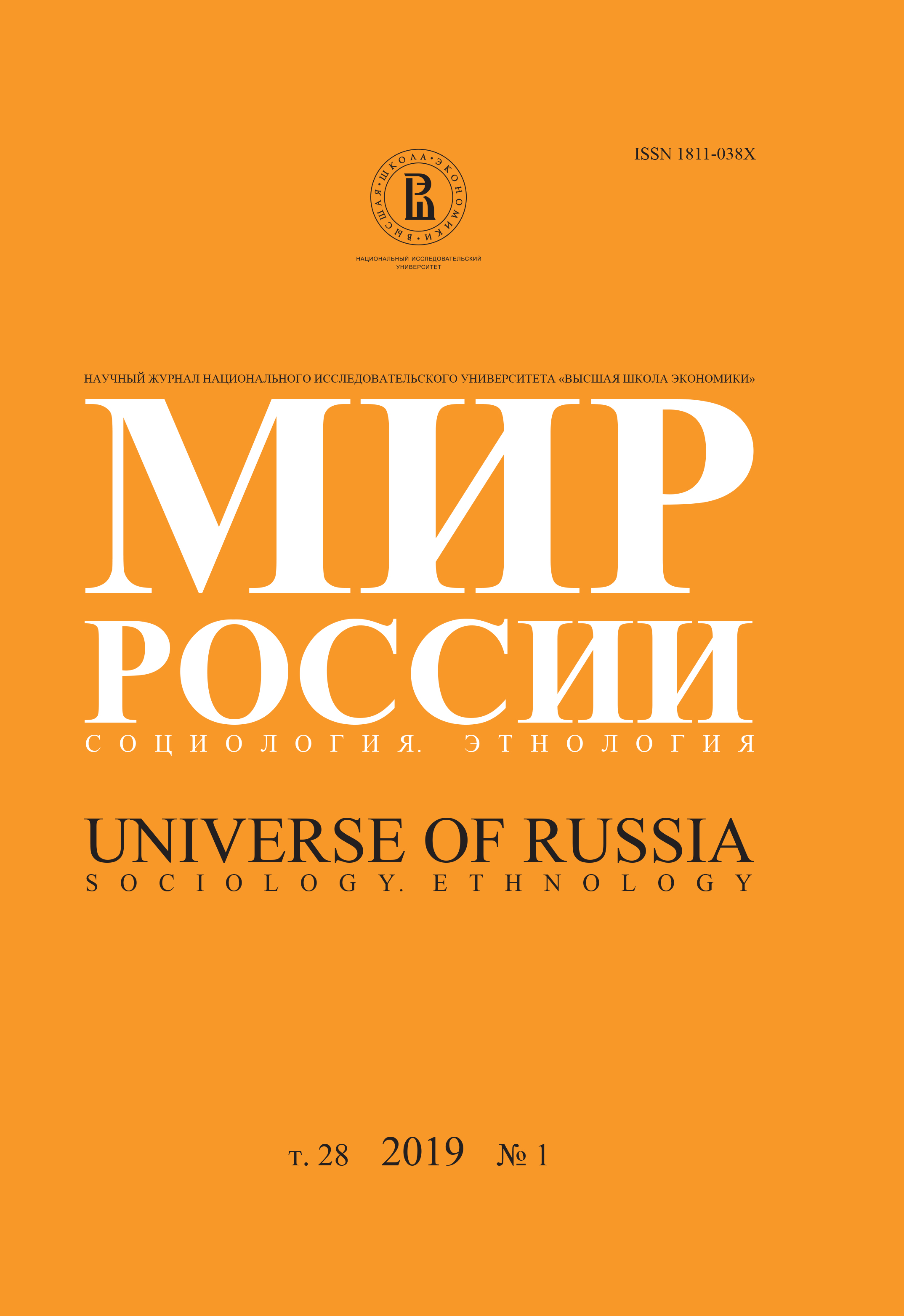The Cardiogram of War and Elections
Book review: Gallup D., Rae S.F. (2017) Pul’s demokratii. Kak rabotayut oprosy obshchestvennogo mneniya [The Pulse of Democracy: The Public-Opinion Poll and How It Works], Moscow: VTSIOM.
Abstract
Alexander Belousov – PhD in Politics, Senior Researcher, Institute of Philosophy and Law, Ural Branch of the Russian Academy of Sciences. Address: 16, Sof’ya Kovalevskaya St.,
Yekaterinburg, 620990, Russian Federation. E-mail: ektb@yandex.ru
Citation: Belousov A. (2019) The Cardiogram of War and Elections. Mir Rossii, vol. 28, no 1, pp. 172–180 (in Russian). DOI: 10.17323/1811-038X-2019-28-1-172-180
The book by George Gallup “The Pulse of Democracy: The Public-Opinion Poll and How It Works” was published in Russia more than 70 years after it was first published on the eve of World War II. This timing was the reason why Gallup paid so much attention to how the problems of war were reflected in public opinion and how this opinion was taken into account in making political decisions. The main subject for Gallup, however, was always elections. War and elections are the two extremes which affect public opinion most of all. When both follow one shortly after the other they test the durability of democracy – a test which not every state can withstand. In Russia, the presidential elections of 2000 took place against the background of the ‘second Chechen war’, and it may have helped Vladimir Putin defeat Evgeny Primakov in the ‘intra-elite primaries’.
The problem of the accuracy of election forecasts remains a lively issue. Gallup criticized multimillion person polls, conducted by the press, the goal of which were to maintain communication with readers. The case of contemporary Russian media exemplifies that such methods are still in demand. For Gallup, opinion polls were true in the last instance, their reliability was often even more accurate than the results of the election. Gallup asks many fundamental questions about bridging the gap between the people and decision-makers, the usefulness of public opinion for democracy, the manipulative nature of some polls, and about referendums using sampling. All of these questions remain highly relevant in Russia, and the answers are desperately needed.






